DOE to award up to $12M for technologies to produce renewable carbon fiber from biomass
Green Car Congress
FEBRUARY 4, 2014
The US Department of Energy (DOE) will award ( DE-FOA-0000996 ) up to $12 million in funding to advance the development of a cost-competitive pathway to produce high-performance carbon fiber for vehicle lightweighting from renewable non-food biomass. Reducing a vehicle’s weight by just 10% can improve fuel economy by 6% to 8%.














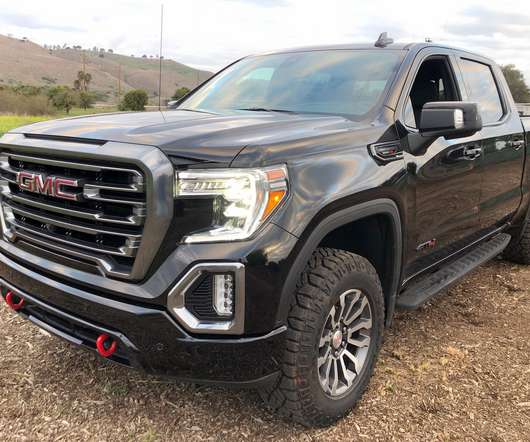

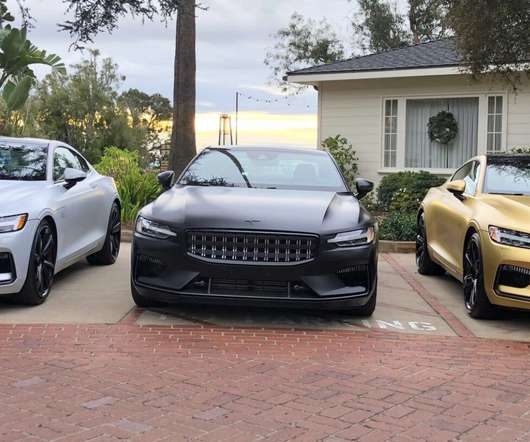
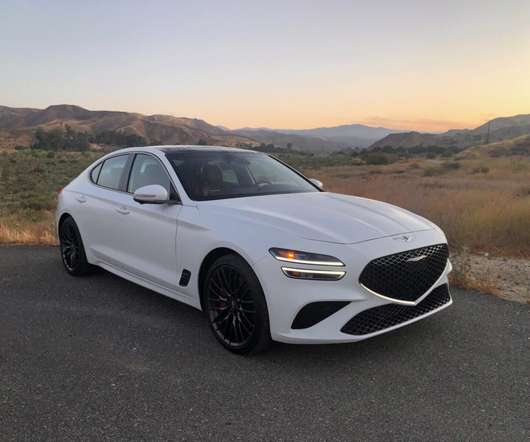
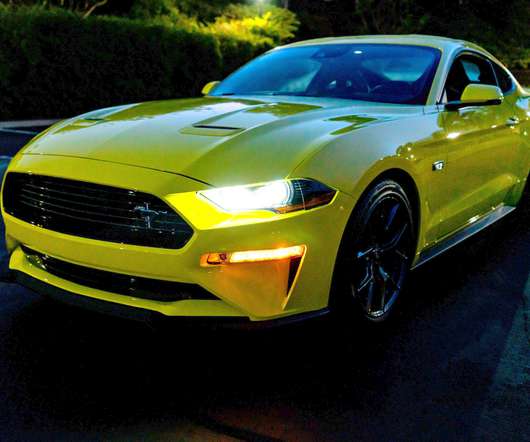

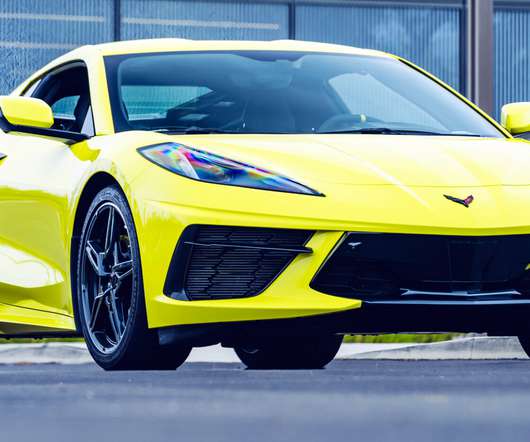
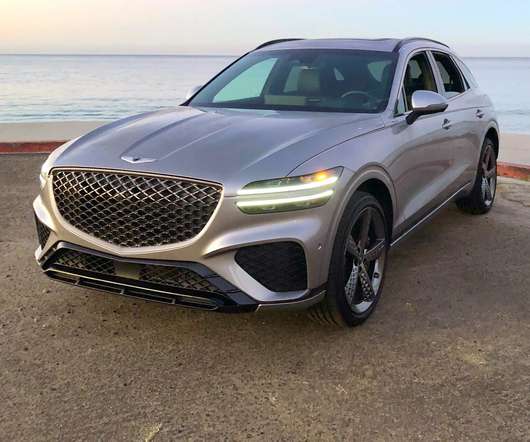



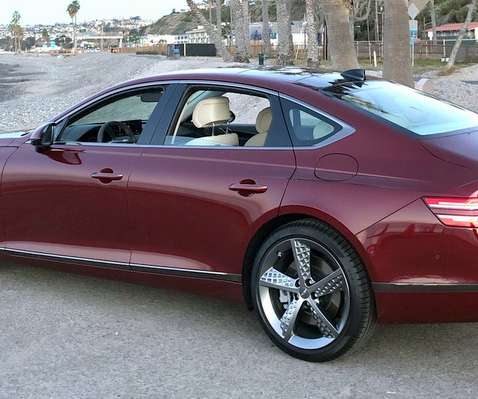
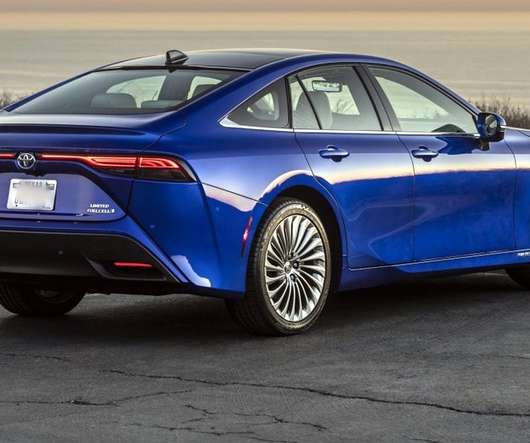
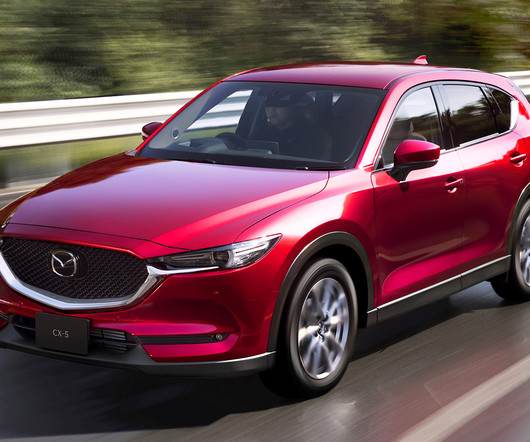








Let's personalize your content